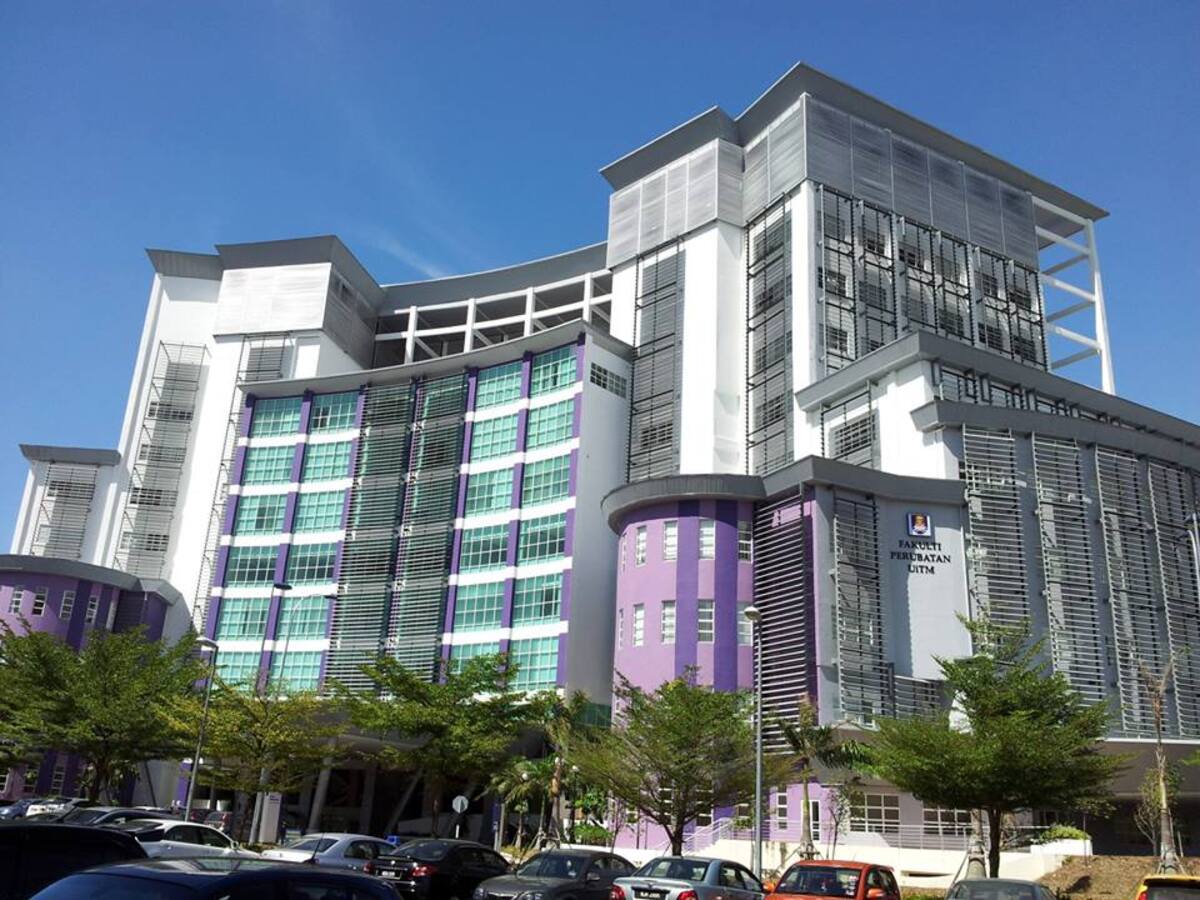KUALA LUMPUR, April 16 — The Malaysian Association for Thoracic and Cardiovascular Surgery (MATCVS) has alleged that Universiti Teknologi MARA’s (UiTM) Master’s programme in cardiothoracic surgery does not conform to the national curriculum.
The group pointed out that UiTM’s postgraduate programme – the sole local Master’s cardiothoracic surgery training in Malaysia that has yet to produce its first cohort of graduates – does not have entry examination criteria, nor requirement of prior surgical and cardiothoracic experience for admissions.
“They also ignored fraternity recommendations and workforce planning by recruiting 15 trainee doctors in the first year of the course, a number which is too large and going against all acceptable trainee-trainer ratios with serious implications on quality of training,” MATCVS president Dr Basheer Ahamed Abdul Kareem and exco said in a statement today.
“It is even more mysterious how the higher management of UiTM, Malaysian Qualifications Agency (MQA), and the Malaysian Medical Council (MMC) granted approval for the programme when passing MedEx is a mandatory entry criteria for entry into all Masters programmes in the country.”
MATCVS also expressed befuddlement at efforts by the current managements of the National Heart Institute (IJN) and Universiti Malaya Medical Centre (UMMC) to push cardiothoracic surgery parallel pathway trainees and graduates to enrol into UiTM as a pathway for registration as specialists on the National Specialist Register (NSR).
This solution was proposed by the cardiac centre owned by the Ministry of Finance and the university hospital respectively, after the MMC rejected NSR registration applications by at least four graduates with the Fellowship of the Royal College of Surgeons of Edinburgh in Cardiothoracic Surgery, on the basis of non-recognition of that parallel pathway qualification.
MATCVS was also shocked by the reported RM100,000 sum, allegedly requested by UiTM, for these cardiothoracic surgery parallel pathway trainees and graduates to undergo an “unspecified programme” to enable their NSR registration.
“All three organisations have remained silent and have not responded to these revelations”.
The Group of Professors of Health and Medicine, led by Prof Dr Noor Hassim Ismail from Universiti Kebangsaan Malaysia (UKM), recently objected to proposed amendments to the Medical Act 1971 to recognise the Ministry of Health’s (MOH) parallel pathway programmes with overseas royal colleges.
Instead, Dr Noor Hassim suggested that parallel pathway graduates be absorbed into local Master’s programmes via a credit transfer process or curriculum mapping under current laws.
According to UiTM’s Department of Cardiovascular and Thoracic Surgery website, UiTM’s Faculty of Medicine, in collaboration with IJN, offers a cardiothoracic surgery specialty training programme, comprising a two-year Master in Surgical Sciences (Cardiothoracic Surgery) and a four-year Doctorate in Cardiothoracic Surgery.
UiTM’s website promised, with its cardiothoracic surgery doctorate, that after fulfilling requirements and registration with the NSR, the graduate “will be able to function as an independent cardiothoracic surgeon in Malaysia”.
Health Minister Dzulkefly Ahmad said in his winding-up speech at the Dewan Negara last March 27 that UiTM’s cardiothoracic surgery doctorate programme received provisional accreditation from MQA from August 13, 2020 to August 12, 2025.
However, UiTM’s cardiothoracic surgery programmes aren’t included in the list of recognised postgraduate qualifications on MMC’s website.
MATCVS also said today that parallel pathway multi-specialties in the Ministry of Health (MOH) have evolved into proper systematic training programmes spanning four to six years, with continuous quality assured assessments and robust evaluations leading to final examinations.
“Programmes are also guided via strict syllabus and curriculum requirements upon agreement with Royal Colleges as higher education providers conducting regular accreditation visits,” said MATCVS.
“In fact one notable university centre failed the RCSEd (Royal College of Surgeons of Edinburgh) accreditation, while other key partners in cardiothoracic surgery parallel pathway – namely MOH, IJN, UKM, and UM (Universiti Malaya) – were accepted.”
MATCVS stressed the urgency of the shortage of cardiothoracic surgeons in the country, amid long wait lists of reportedly up to a year for heart or lung surgery for patients in government hospitals.
Malaysia reportedly only has 14 cardiothoracic surgeons in the public sector, several of whom will be retiring in a few years’ time.
“Let us think out of the box on how to address this problem instead of debating on legal clauses. The man in the street wants safe doctors of calibre to manage them and they want them fast,” said MATCVS.
“The sole local Master’s cardiothoracic surgery training programme in UiTM will only produce the first graduate in four years’ time and is still not listed in the NSR. On the contrary, there will be no new surgeons in the specialty if parallel pathway graduates are not registered in the interim period”.
Health Minister Dzulkefly Ahmad’s announcement last April 2 on his plans to amend the Medical Act to recognise the parallel pathway for specialist training triggered an open war between advocates and opponents of the parallel pathway programme.
Ahead of Dzulkefly’s plans to table the Medical Act amendment bill in the Dewan Rakyat that will sit beginning the last week of June, only a couple of lawmakers have expressed their opinion on the parallel pathway issue: Ipoh Timor MP Howard Lee and Senator Dr RA Lingeshwaran, both of whom are in support of recognition.








